How can clinicians help vulnerable young families overcome barriers to secure, reciprocal, and joyful parent–infant relationships? This book provides a flexible framework for promoting reflective parenting “from the ground up.” Described are effective ways to support safety and self-regulation in parents with histories of trauma and adversity, giving them a stronger foundation for seeing, hearing, and connecting to their children. The book distills principles of the influential Minding the Baby (MTB) home visiting program, as well as contemporary attachment and mentalization research. Vivid case material illustrates therapeutic strategies that can be used with parents and children in any clinical context. End-of-chapter “Questions for Clinicians” help readers apply the concepts discussed, with special attention to developing their own reflective capacities.
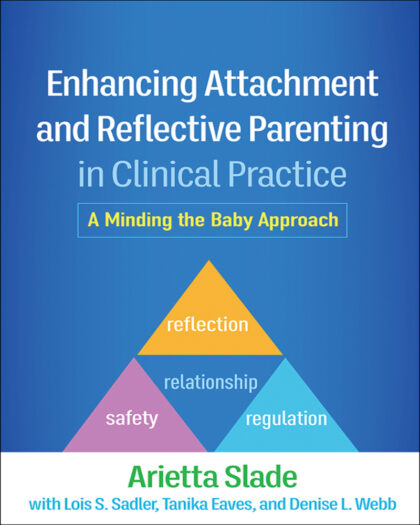
You're watching:Enhancing Attachment and Reflective Parenting in Clinical Practice: A Minding the Baby Approach
Original price was: $29.99.$19.99Current price is: $19.99.
Original price was: $89.99.$19.99Current price is: $19.99.
Original price was: $79.99.$19.95Current price is: $19.95.
Total: $18.95
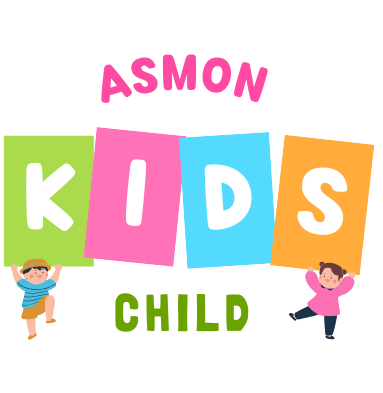
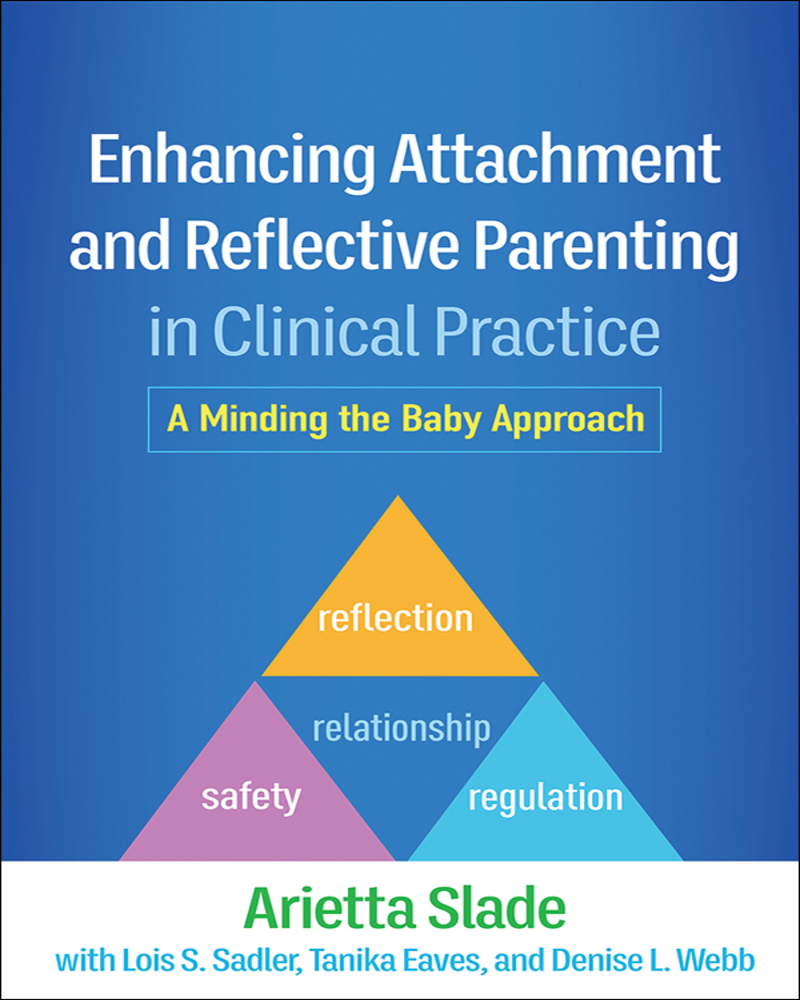
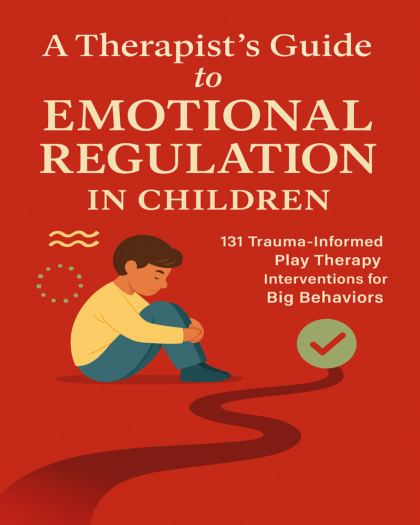
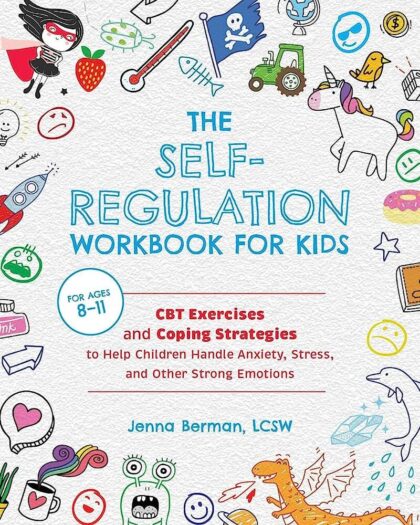
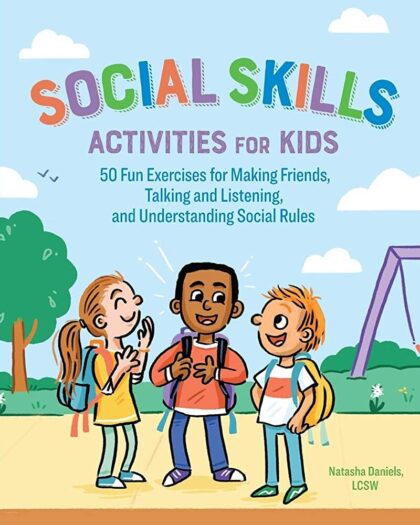
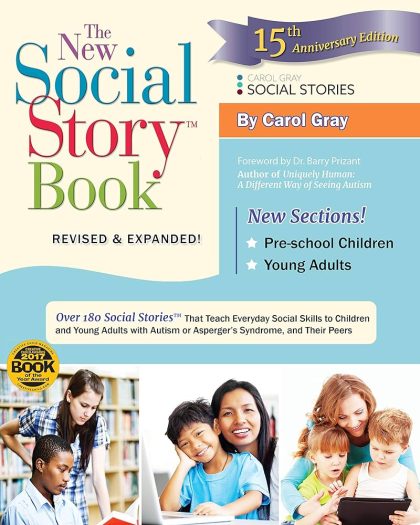
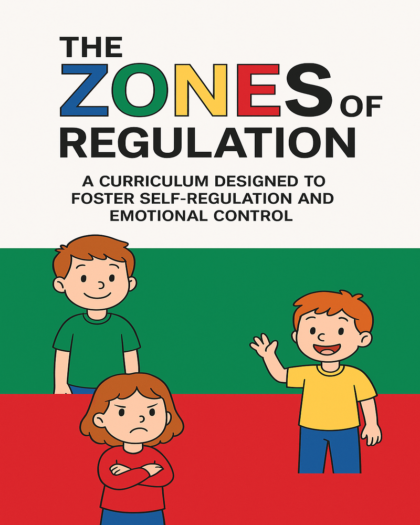
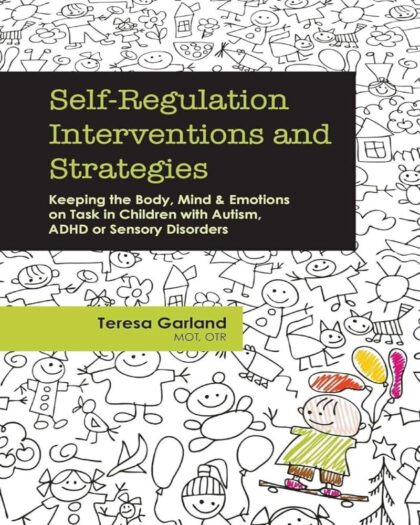
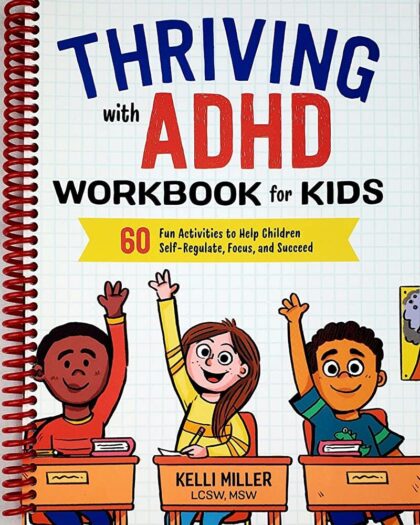
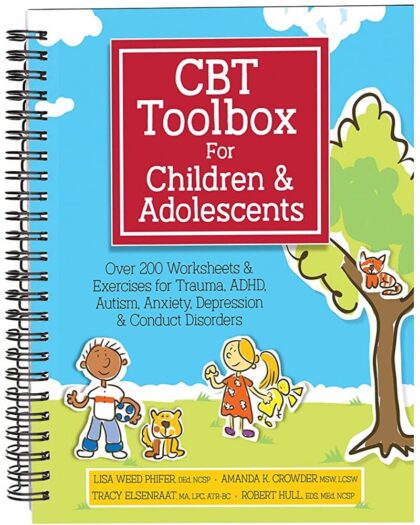
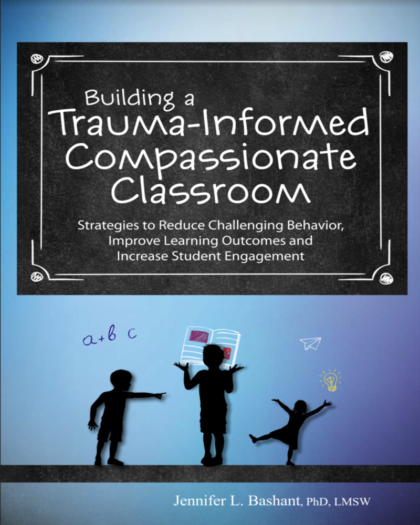
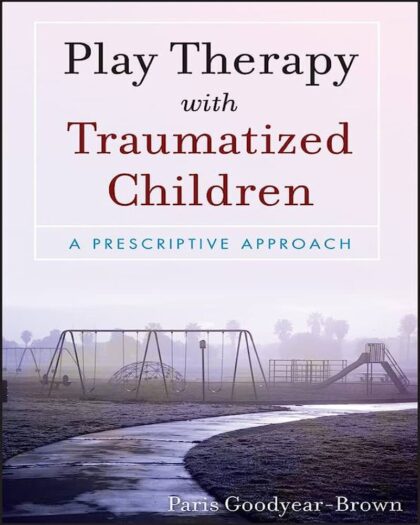
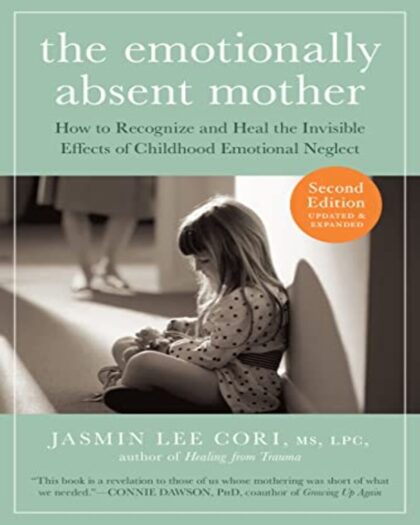
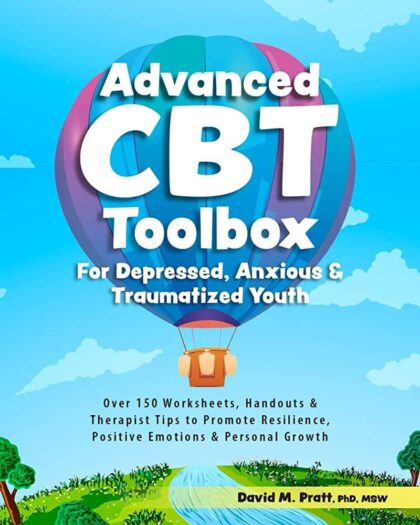
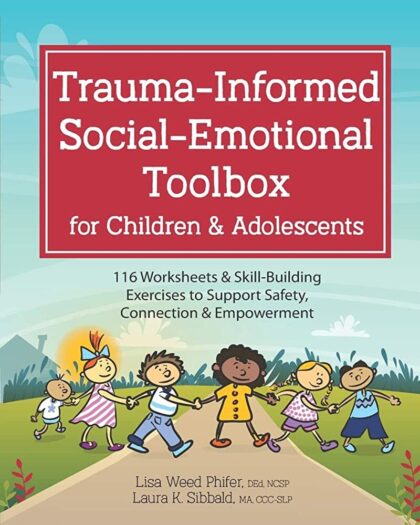
This developmental program combines the expertise of a social worker and a nurse, who begin working in pairs with the prospective mothers in the home during their pregnancy, and then continuing for the first two years of the child’s life. The program provides practical help (e.g., accessing social resources) along with emotional support and guidance directed toward a central goal: enabling the mother to engage reflectively with the infant, that is, to be attentive to the infant’s feelings and needs and to understand the sources of their distress. At the same time, the mothers are helped to appreciate how their own feelings, needs, and distress can make it difficult for them to attend to their infant’s distress. We might think of this approach as fostering commonsense psychology and applying it to childrearing. This approach differs from programs that focus on changing behaviors; instead, the goal is to cultivate awareness and understanding that enhances parent-child relationships.
Under conditions of high stress, using commonsense psychology—standing back and reflecting about sources of distress—is hard to do. Slade offers a straightforward way of thinking about what mothers require to be free to think reflectively about their infant’s experience (and their own experience). Three conditions must be established: the mother must feel safe from threat, she must be able to regulate her own emotional distress, and the nurse and social worker must establish trusting relationships with the mother that will facilitate her sense of safety and ability to manage her distress. With these three conditions established, the mother will be able to devote her attention to understanding her child and establishing the emotional connection that will enable her child to feel secure and thus to learn and grow. All this might sound simple and natural, but it is extremely difficult to achieve under conditions of high stress, and it takes a great deal of expertise and humanity for the nurses and social workers to foster these caring relationships.
This book weaves together Slade’s research with a scholarly review of the related professional literature to establish the firm scientific ground for the Minding the Baby program and its effectiveness in fostering healthy early development. Slade has mastered the necessary technical language and makes it understandable to a wide readership. But the bulk of the book is nontechnical, devoted to straightforward descriptions of the everyday experiences of mothers, families, infants, toddlers, and clinicians—and the array of challenges that they all face. All the science and theory are brought to life in full flower throughout the book, with the addition of detailed case examples at the end of the book describing the whole course of treatment from the mother's pregnancy to the child's toddlerhood. Although Slade and her colleagues have devoted their efforts to the most difficult problems in childrearing, much of which are painful even to read about, the authors are keenly sensitive to the pleasures and joys of parenting that shine through despite the stressful circumstances. And we all can take heart in the success of their efforts to help mothers, fathers, families, and children in what often amount to dire straits. Readers will be informed and inspired.